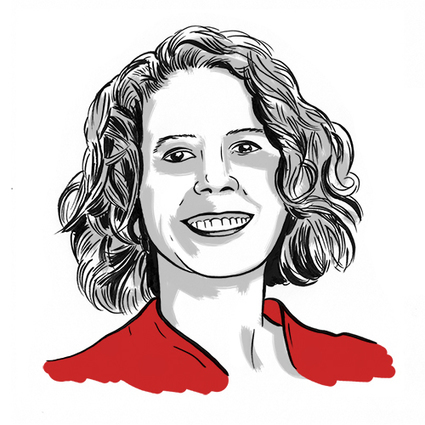Charles Dickens wrote this is 1859. This still rings true 160 years later. We are on another such cusp of transformation. The world is literally and metaphorically dissolving before our eyes. The old…
Research and publish the best content.
Get Started for FREE
Sign up with Facebook Sign up with X
I don't have a Facebook or a X account
Already have an account: Login
 Your new post is loading... Your new post is loading...
 Your new post is loading... Your new post is loading...

Andrew Gerkens's curator insight,
August 3, 2017 2:42 AM
Love the examples in this that explain Object versus Subject. Another useful resource to help people understand the Balcony and Dance Floor and develop the skills to move freely between them both. |
|























'I believe our organizations today have the power, capacity, and reach to wreak havoc or heal the planet.Organizations can become a healing force if they choose to be. Will it be easy? Of course not. Transformation is never easy. It requires boldness, imagination, intention, and the ability to hold space/be the container for such evolution to take place.' Sahana Chattopadhyay